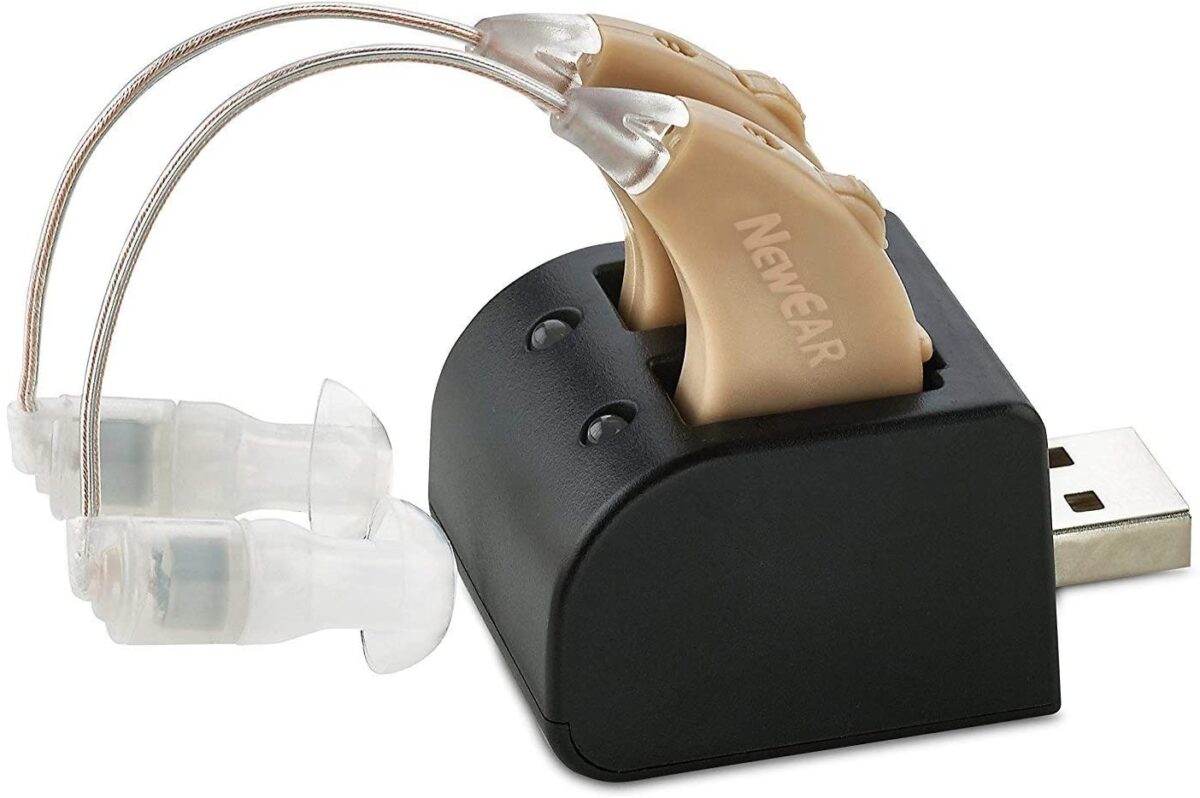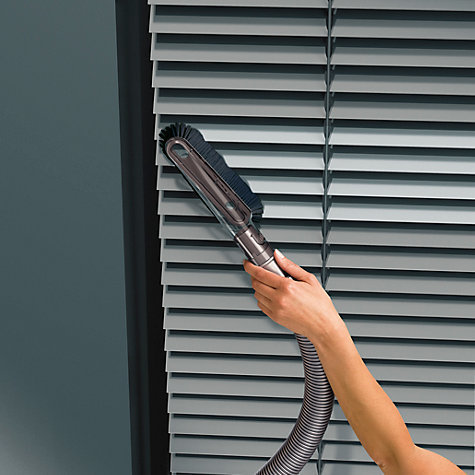Essential Factors to Consider When Buying Hearing Aids for Seniors

Hearing loss is a common condition among seniors, affecting their quality of life and communication abilities. Fortunately, hearing aids offer a solution, but choosing the right one can be overwhelming. With numerous options available, it’s crucial to consider various factors to ensure seniors get the most suitable device. In this guide, we’ll explore the essential factors to consider when purchasing hearing aids for seniors, empowering them to make informed decisions for improved hearing and overall well-being.
Understanding Hearing Loss in Seniors
It’s important to comprehend the type of hearing loss that affects seniors before delving into the considerations to take into account when purchasing hearing aids. Age-related hearing loss, known as presbycusis, is gradual and often affects both ears equally. It typically involves difficulty hearing higher frequencies and understanding speech in noisy environments. By acknowledging the specific challenges seniors face with hearing loss, it becomes easier to tailor the selection process to their needs.
Factors to Consider When Buying Hearing Aids
There are several things to take into account while shopping for hearing aids for seniors to guarantee optimal use, including:
1. Degree and Type of Hearing Loss
Understanding the extent and nature of the senior’s hearing loss is crucial for selecting appropriate hearing aids. Audiologists conduct thorough assessments to determine the degree of hearing loss (mild, moderate, severe, or profound) and identify whether it’s conductive, sensorineural, or mixed. This information helps in recommending the most suitable hearing aid technology and features tailored to the individual’s specific needs and preferences.
2. Style and Design Preferences
Hearing aids come in various styles, each with own its benefits and downsides. Behind-the-ear (BTE) models are versatile and suitable for a wide range of hearing losses, while in-the-ear (ITE) and completely in-canal (CIC) options offer greater discretion. Seniors may prioritize comfort, aesthetics, and ease of use when choosing a style that aligns with their lifestyle and personal preferences. Considering factors such as visibility, comfort, and ease of handling can guide the selection process.
3. Technology and Features
Modern hearing aids for seniors are equipped with advanced technologies and features designed to improve hearing clarity and convenience. Noise reduction technology helps filter out background noise, directional microphones focus on speech in noisy environments, telecoil compatibility enhances listening in public venues with loop systems, and Bluetooth connectivity enables wireless streaming from smartphones and other devices. However, it’s essential to balance the benefits of these features with the senior’s technological proficiency and budget constraints.
4. User-Friendly Controls
Seniors may prefer hearing aids with simple and intuitive controls that are easy to adjust and operate independently. Devices with large buttons, dials, or smartphone apps with user-friendly interfaces accommodate varying levels of dexterity and technological familiarity. Simplified controls empower seniors to make adjustments comfortably, enhancing their overall satisfaction and confidence in using their hearing aids.
5. Comfort and Fit
Comfortable and well-fitted hearing aids are essential for seniors to wear consistently without discomfort or irritation. Custom-molded options ensure a snug fit and optimal comfort, minimizing feedback and maximizing sound quality. Regular adjustments and follow-up appointments with an audiologist are necessary to address any comfort issues and optimize the fit over time. Comfortable hearing aids for seniors encourage consistent usage and improve the overall effectiveness of the devices.
6. Battery Life and Maintenance
Considering the battery life and maintenance requirements of hearing aids is vital, especially for seniors who may have limited dexterity or cognitive abilities. Rechargeable hearing aids eliminate the need for frequent battery changes and are more convenient for seniors to manage. Additionally, choosing devices with durable and easy-to-clean components simplifies maintenance routines and prolongs the lifespan of hearing aids, reducing the need for frequent repairs or replacements.
7. Compatibility with Assistive Devices
Seniors may benefit from hearing aids that are compatible with assistive listening devices, such as amplified telephones, TV streamers, and FM systems. These devices enhance communication and listening experiences in specific situations, such as watching television or talking on the phone, supplementing the functionality of hearing aids and improving overall communication abilities. Compatibility with assistive devices expands the versatility and usefulness of hearing aids for seniors in various environments.
8. Cost and Insurance Coverage
The cost of hearing aids can vary significantly depending on factors such as the brand, model, and features included. While some insurance plans cover part or all of the expenses, others may require out-of-pocket payments. Seniors should explore their insurance coverage options and inquire about financing or assistance programs to make hearing aids more affordable. Additionally, considering the long-term benefits and improved quality of life that hearing aids offer, investing in the right devices is crucial for seniors’ overall well-being.
Conclusion
Choosing the right hearing aids for seniors involves careful consideration of various factors, including the degree and type of hearing loss, style preferences, technology features, comfort, and fit, maintenance requirements, compatibility with assistive devices, and cost considerations. By addressing these factors and working closely with audiologists or hearing healthcare professionals, seniors can find hearing aids that improve their quality of life, communication abilities, and overall well-being. Investing in the right hearing aids can make a significant difference in enabling seniors to stay connected and engaged in their daily lives.











